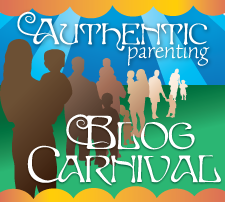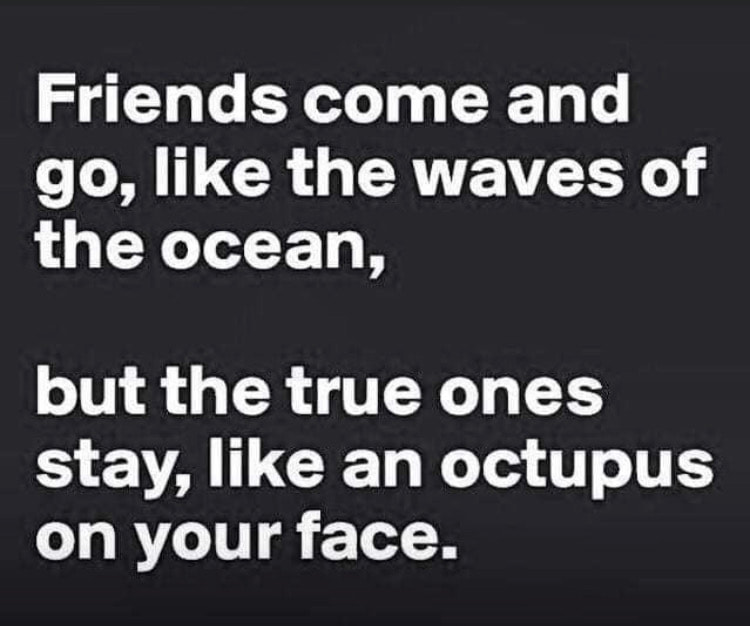|
We are misdiagnosing a huge problem in our WEIRD (Western, Educated, Industrialized, Rich, Democratic <-- I learned this acronym from my favorite thing that I've EVER read on the internet EVER - ha! Did I say that already? You can read it here: A Thousand Rivers. Be prepared to be blown away. Also, I LOVE the WEIRD acronym, and I plan to use it a lot.) Where was I? Did I lose you in that long aside? (I think I may overuse parentheses. Oh well.) Anyway. Where was I? Oh yeah - We are misdiagnosing a HUGE problem in our WEIRD culture. We, as a culture, as parents, as "educators", tend to think that "WE" have a problem with overusing technology, whether it is the internet, social media, or smartphones. The truth is that the internet and our iPhones are not the problem - they are a scapegoat. The problem is DISconnection, and it will not be solved by simply limiting and controlling technology use in ourselves and our children. Two huge reasons that limiting will not work are: 1) Technology is awesome! It's fun! It can do cool things! It makes life easier. It helps us connect to loved ones who are FAR away and whom we can't connect to in our every day lives. The problem with LIMITING, therefore, is that we are labeling it BAD, when in fact it is NOT bad. It's awesome! Even if you think that you aren't labeling it bad - that you are just saying "too much of a good thing isn't good for you" or "all things in moderation" - the message that is being sent to your subconscious and your children by the action of limiting is that it is BAD. So what happens? If you are trying to cut back on internet use yourself, when you are drawn to it and break your "resolution", you feel BAD. You feel ashamed. You feel like you aren't strong enough to do something that is supposedly good for you. Shame never has the power to create true and lasting change in our behaviors. Because people who feel bad about themselves have a hard time changing. It's a vicious cycle. If you are limiting your child something different will happen. You see, your kid(s) recognize(s) technology for what it is - AWESOME! So if you try to artificially limit their use, they are not going to be happy with you. It doesn't take a scientific study to prove this - it is happening in homes across America every day. So in effect, by trying to limit them you are driving a wedge between you and your kids, making the REAL problem worse - disconnection. Also, by limiting them you are creating a more intense desire in them for what they cannot have. (Read this wonderful piece by Pam Sorooshian called, "The Economics of Restricting TV Watching of Children"). 2) It is human nature to resist being controlled. (And if we get really honest with ourselves, there is really very little we control in life anyway.) This is why RESOLUTIONS rarely last - because they are an attempt to control OURSELVES in areas that we don't really want or are not ready to change in. And although it may appear that we can control our kids for a while (while they live with us or until they get "older" <-- whatever that means) - eventually they will be the ones in control of THEIR choices. The problem is that parents tend to reason this way: if I give my small child good habits by controlling them now, then when they are old enough and wise enough to make decisions on their own they will have a good "foundation" for doing so. This logic is serious flawed. Why? Because children need EXPERIENCE to learn how to make good decisions and by controlling and forcing them to do it OUR way we are depriving them of that. But using this logic allows parents to feel good about themselves because they think they are doing the "right thing" and that when the child gets older if they choose the "wrong thing" then that will be the child's (or adult's, by that time) problem. In actuality, many unhealthy habits (including food choices, moving or not moving - known by most as exercise, technology use etc.) are created in people by CONTROLLING THEM when they are young. The misdiagnosis of the true problem is what makes it possible for videos like Prince Ea's "Can we Auto-Correct Humanity?"(you can view below) and Rachel Macy Stafford's piece "How to Miss A Childhood" go VIRAL. The fact that the messages from these wonderfully well-intentioned, creative people are spread through technology, social media and are being watched by hundreds of thousands of people on smartphones is the ultimate irony and shows how disconnected we are from the true problem. Don't misunderstand me - there is TRUTH in their messages. There is love. There is honesty and conviction. At the core both of these people recognize that our real problem is with lack of connection. The problem with videos and blog posts like theirs is that people use them as validation that we NEED to control our children and we MUST limit their use of technology. 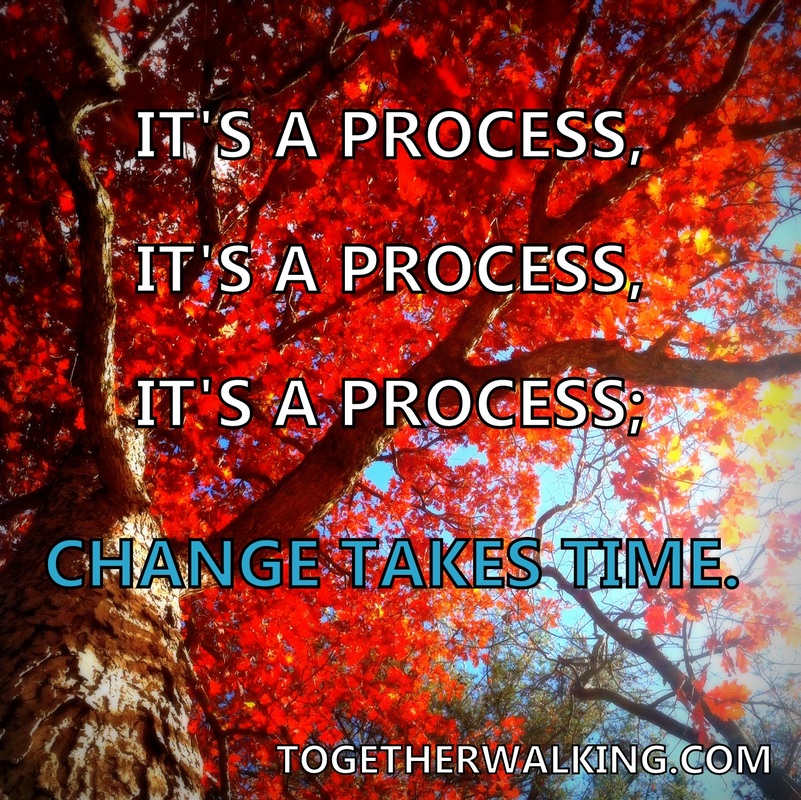 The reason why so many of us can sit watching or reading and nodding our heads as we access the information through our computers and iPhones, is because we sense that there are things that need to change. We also see the irony. Yet most of us will not change our own habits. How can we do this? Well another part of the problem is our desire for a quick fix. In our fear, we reach out to grab whatever seems easiest. While connection with our loved ones is a constant work in progress, something that waxes and wanes, changing from moment to moment - an essential part of our lives that must be attended to every day - we long to "fix" the "problem" and be done with it. We want the solution to be neat and tidy, we want to put it in a box and close the lid on it and then we want to wrap that box up with a shiny bow and double knot it. We think that the answer to what ails us is to LIMIT - screen time, Facebook, smart phones. It's why articles claiming that all handheld devices should be banned (BANNED!) for children under 12 (12!! That's years not months!) are popular. But our neat solution actually causes more problems because (again!) - we don't like to be controlled. There's that vicious cycle again. So to reiterate and really drive the point home, this misdiagnosis and simplistic solution actually causes problems for at least 3 reasons: 1) We are misunderstanding what the true problem is. I mean all you need to do is look at that picture at the top of this post to realized that we've always found ways to ignore each other - whether we are surrounded by strangers or loved ones. 2) When we limit technology we create a NEED for MORE and we create resentment which feeds the bigger problem of disconnection in our relationships. 3) When we limit ourselves or our children we deny ourselves and our children the opportunity to make choices freely. What if there is a different cycle? One full of joy and REAL connection, and the freedom to choose? What if every day, each moment, we started to ask, "what do I want to do right now," or "what does my loved one need right now?" It isn't easy, no, it is a lifetime of practicing and making mistakes and trying again. It is messy. It can't be contained in a box or defined by a set of rules. But with practice we will get better! With practice we learn to stop what we're doing and turn towards each other. It sounds too simple to be true. Instead of limiting, EXPAND. Add things into your life. DO things together - both things that involve technology and things that don't. Because the truth is that LIFE is not "either/or", technology OR no technology. It is not easy to change our regular patterns and habits in life. Adding things in is often a slow process which can feel excruciating when we want change NOW. But adding things in is a positive mindset that will serve us in all aspects of life. Instead of focusing on the thing that we are so worried about, we start seeing all of the things that make our life so beautiful. And when we feel impatient we can remind ourselves that: Three years ago I started this blog. Two and half years ago I was high on life (and blogging!) I wrote a lot. It felt great! How did I manage to do that with a 5 and 2 year old? Well, I'm sure sometimes I wasn't paying a lot of attention to them (even though I was writing ABOUT them!) One of my favorite lines from a blog about unschooling said, "Seek balance. Sometimes, you find balance by experiencing extremes." I believe that we are so stuck on the idea of IMPOSING balance on ourselves and others that we aren't allowing ourselves experience the extremes. Kids have always been on the "cutting edge" and parents have always been worried. But we don't have to worry. Worrying, limiting, and controlling are choices. So are trusting, engaging, and loving. I choose love. And my plan is to keep having fun as much as I can. By myself and with my kids. With my husband and other friends and loved ones. Sure, I may be scared sometimes, but I will not let fear dictate my choices or determine my relationships. PS If you need more reading - A book I plan to read in the near future that addresses this idea is called Bad for You: Exposing the War on Fun. (Thanks for the recommendation Sandra Dodd!)
5 Comments
Susan, this is a fantastic post, I love it!
Reply
Yes Darcel! It's hard to see people missing out - but everyone has to walk their own path. There is no forcing others to see things our way - for better or worse. It's sad because you can see that it's only hurting their relationships but "good parenting" isn't about being our kids' friends, right?? <-- that was sarcasm!
Reply
Barbara Matessa
3/7/2015 06:55:21 am
I shared this essay, which Sandra Dodd shared on Radical Unschooling Info (FB). I couldn't agree more! Trusting our kids is worth examining our fears.
Reply
Hi Barbara,
Reply
Caroline Lewis
4/1/2015 06:32:34 am
So that idea is to let them play on devices as much as they like but make them so busy doing family fun stuff that they won't actually have the time to use them!!
Reply
Leave a Reply. |
Susan MayWife, mom, information and peace seeker. Categories
All
Archives
November 2023
|
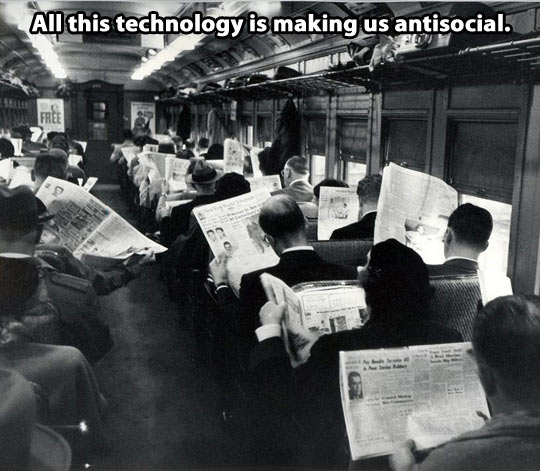
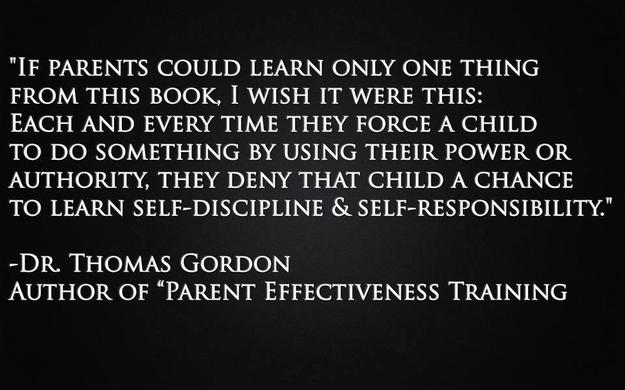

 RSS Feed
RSS Feed
